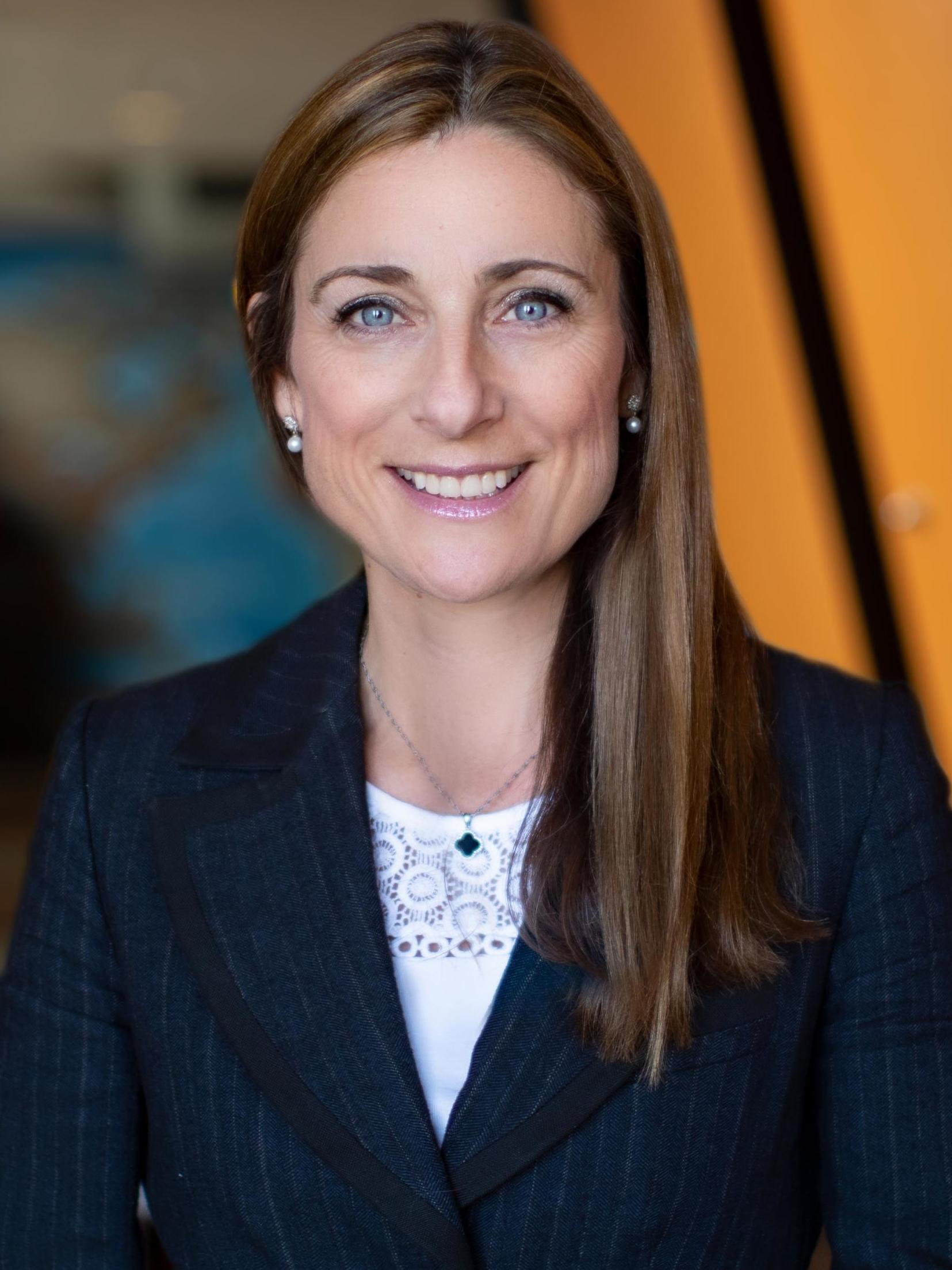The scrapyard changing perceptions and revolutionising the used car market
The image of a scrapyard is used to conjure dodgy dealings and vicious barking dogs, writes Martin Friel. But Jane Pocock says the reality at her firm couldn’t be more different

Think of scrap and salvage yards and the mind shoots immediately to criminality and dodgy dealings.
TV shows like The Sweeney in the Seventies and Minder in the Eighties, as well as more recent examples from Breaking Bad and Pulp Fiction, have helped perpetuate the stereotype that being in the scrap car business is one and the same as being in the crime business.
But as with most stereotypes, that bears little resemblance to reality. And in the salvage sector, no clearer example of this disparity between perception and reality can to be found than in Jane Pocock, UK MD of Copart.
Copart is the largest dealer in used and salvaged cars but the way it goes about its business is as far removed from the salvage yard of popular myth as Pocock is from the sheepskin coat-wearing, Doberman-brandishing scrapyard boss of movie culture.
Some elements do, of course, turn out to be true.
“We are the graveyard for unwanted cars,” she says.
“Once upon a time we would have been a traditional scrapyard and seen ourselves as a logistics organisation, but today, one of our sites would look more like an airport carpark and we are very much a tech business.”
That might seem a bit of stretch but as Pocock explains, while Copart is at the heart of the UK’s vehicle recovery and salvage network, above all, it is a marketplace for the nation’s otherwise unwanted vehicles. An automotive matchmaker if you will.
She compares the online marketplace they have built to eBay but with one important difference. At 12pm every day, a live auction kicks off and bidders from around the globe fight for the right to take damaged and unwanted cars off Copart’s hands, in real time.
“This is what we are famous for and it can’t be replicated because we have patented the tech,” Pocock says.
“Other providers may have an approach where bids are stacked but we are live, with bids coming in from around the world which drives a huge amount of interest and maximises the return for our clients.”
The majority of the vehicles – anything from cars and vans to tractors and motorbikes – come from insurance companies. Where insurers can’t justify the cost of repair, they hand vehicles over to Copart to sell to someone who can, such as hobbyists or people looking for spare parts.
These people are, in the main, men, so how did Pocock end up running a business that caters for one of the most male-dominated sectors?
“I fell into my first job at the AA [in 1989] and it sparked my interest in providing a service that was valuable. From there I became entrenched in the automotive industry,” she says.
After 17 years at the AA, she took on the role of CEO at Vans Direct, an online vehicle retailer, until it was sold to Vertu Motors in January last year for a reported £7.5m. While she was not completely sure what her next step would be, it certainly wasn’t into a scrap car auction site.
Or in less polite terms, and while she is very engaging, open and enjoyable company, it could be said that she doesn’t come across as the kind of person to take any shit
She was approached by a former AA colleague about the position and it wasn’t long before she found herself accepting it. But did she have reservations?
“Yes, absolutely! When I was approached, that was my first question – ‘I’ve just been selling shiny new vehicles, why would I want a job in salvage?’
“What nailed it for me was when I saw the auction. This is like eBay on speed. We’ve got tech that nobody can replicate which gives me a distinct advantage in the market.”
And having made the leap, she says she had no issues adapting to her new surroundings, having ‘grown up’ in a similar environment at the AA.
“I haven’t come across any chauvinism in my career and perhaps I am lucky. I’ve had to adapt my style to the way [men] think but I’m also a pretty strong character,” she says.
Or in less polite terms, and while she is very engaging, open and enjoyable company, it could be said that she doesn’t come across as the kind of person to take any shit.
Despite or perhaps because of the high number of men in her industry, Pocock is a big advocate for equality in the workplace and has placed great emphasis on promoting women in Copart. Outside of the mainly male drivers in the vehicle recovery population, the business has established a roughly 50/50 gender split among employees.
Regardless of gender, when hiring, she wants people who can get things done, perhaps reflecting her own personality.

“I look for people with a very operational background because if you are corporate you will struggle with the diversity of our culture,” she says.
“I want people who are very measured in their behaviours and are able to cope in an emergency. We have a lot of flux in our workload so you need people that can adapt to a dynamic environment.”
And that adaptability has been pushed to the limit with the impact of Covid-19 and the subsequent restrictions on movement. For a business that trades in movement in various forms, this must have been a keen test, particularly for a relatively new leader.
“The leadership task in this context is completely unique, as my senior team and I are leading an organisation that has had to transform significantly in the last three weeks while maintaining absolute continuity in others,” says Pocock.
This need for continuity comes with an extra responsibility for Copart. The claims service provided to policyholders by their insurers has been deemed “essential” by the government during this crisis and as a key element of the motor claim supply chain, Copart has to strike the fine balance between fulfilling that duty and keeping employees safe.
“Where possible our staff are working from home and our operation centres are running with skeleton teams to enable social distancing and management of bio security measures,” she says.
“We are fortunate that our vehicle auction is a digital platform with online payment, so perhaps the one part of that vehicle sale process that has changed is the handover to the new owner. Now we are organising discounted delivery, digital signatures on documents, that type of thing, so that nobody is coming into close contact when dropping off a car.”
She says that they have had to act fast and figure out solutions as they have gone along but it feels like this is the kind of environment in which she thrives. And while the salvage industry might not be as cut-throat as it once was, it seems that it retains a necessary element of the break-neck reputation it has, albeit one based on speed rather than bodily harm.
Join our commenting forum
Join thought-provoking conversations, follow other Independent readers and see their replies
Comments